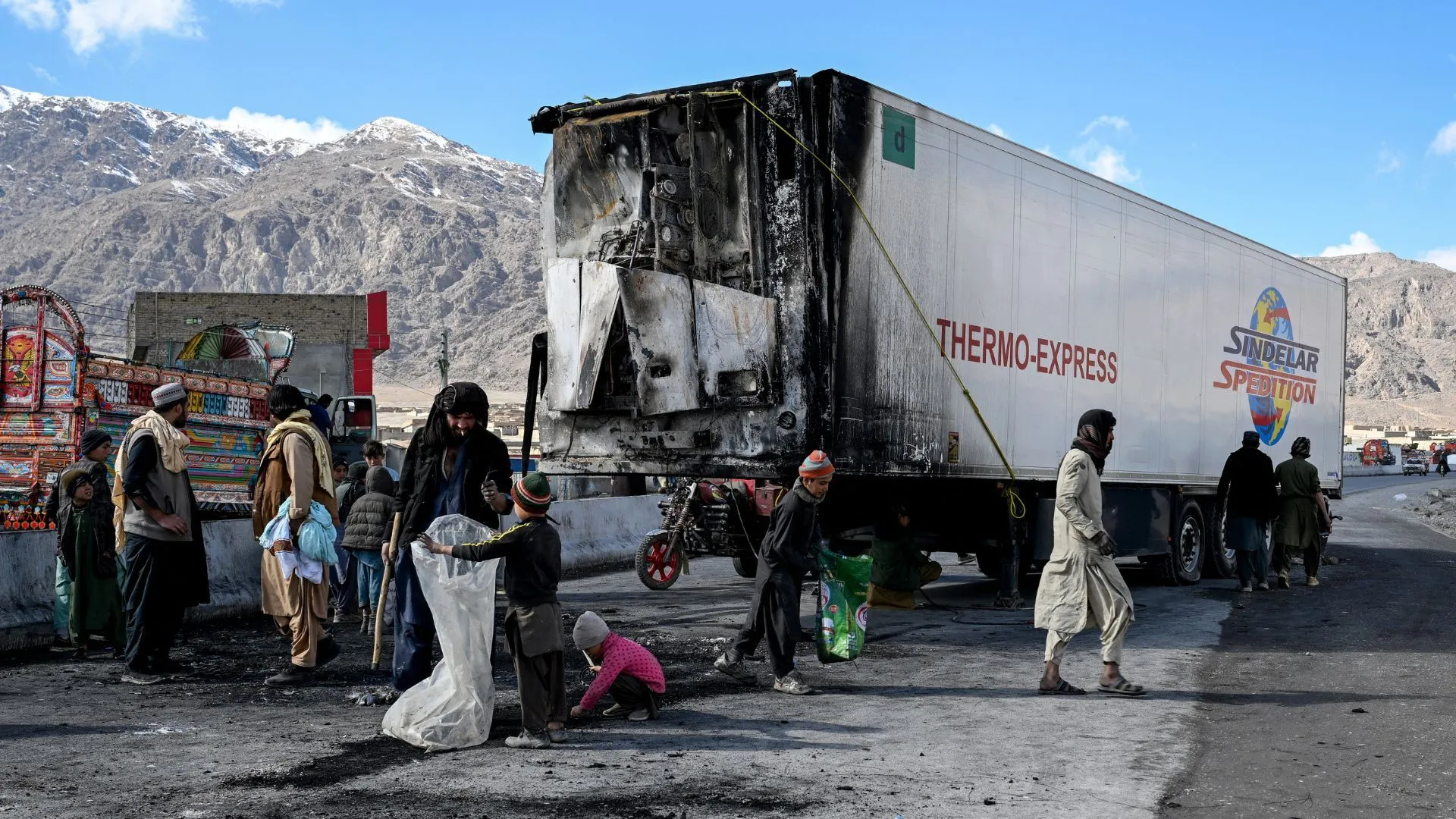How will Pakistan deal with the unrest in Balochistan? | Show Types
The most recent coordinated attacks by separatists in the southwestern province have killed dozens of people.
It’s called Pakistan’s forgotten war. And it’s been running for decades in Balochistan, the country’s largest province by land area.
More than 100 people have been killed in another wave of violence this week.
The Balochistan Liberation Army (BLA) has claimed responsibility for the attacks, described as the deadliest so far.
The BLA has escalated its attacks in recent years, saying it is fighting for an independent Balochistan.
In Islamabad, the government blames what it says are its enemies for the violence.
So, what will it take to end the cycle of violence in Balochistan?
Presenter: Maleen Saeed
Guests
Raashid Wali Janjua – director of research at Islamabad Policy Research Institute
Sanaullah Baloch – Balochistan National Party leader
Ayesha Siddiqa – senior research fellow at Defence Studies Department at King’s College London
Published On 1 Feb 2026
